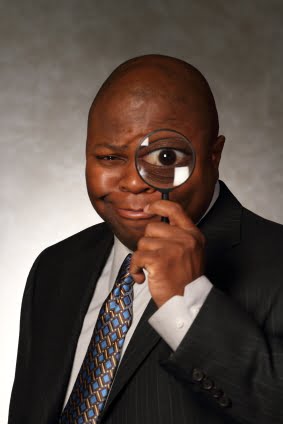When a debt collector contacts you, one of the first things you need to do is verify that their claim is legitimate and if it is, confirm that the debt collector is actually licensed to collect on that debt in your state.
You must remember that debt collectors are trained to persuade and encourage consumers to pay a certain amount of debt listed on their account, and will do everything legally possible (and sometimes things that aren’t legal too) in order to get you to pay as quickly as possible.
In some cases, collectors go too far and use abusive practices in dealing with consumers.
That’s what happened in a recent case in California, where the Federal Trade Commission says a debt-collection firm committed all kinds of infractions, from threatening consumers with physical harm to falsely claiming that consumers would be arrested over their alleged debts.
When debt collector abuses happen, that’s a violation federal law and you do have the right to pursue legal action. You can read about your rights under the Fair Debt Collection Practices Act here.
If the debt collector has provided you with proof of your debt and you have a reason to believe that you do owe this debt, you should still make sure that the collector is licensed. Use these steps to verify their licensing information:
-
Confirm whether licensing is required in your state.
Many states do require that a debt collector is licensed before they can collect any type of debt in your state, but some do not.
States that do not require licensing include California, Georgia, Iowa, Kansas, Kentucky, Montana, Oklahoma, Pennsylvania and South Carolina.
If the collector is not licensed in the state you reside in and they are trying to collect on a debt, send them a debt validation letter and there’s a good chance they will simply stop contacting you.
If you find out that the collector is unlicensed, you have the right to file a complaint with your State’s Attorney General Office. Just do a Google search for “office of the attorney general” and “your state” to contact the office online.
-
Determine whether they are registered with your state’s Division of Corporations.
This organization maintains a registry of licensed agents on its website. Visit www.residentagentinfo.com and find your state.
This will take you to the corporate information of different debt collection companies that are licensed to operate in your state, so you will need to verify your collector’s address with those listed here.
Free Course: 12 Warning Signs You Are Deep In Debt and What To Do About It
-
Visit the Better Business Bureau website.
Find out if the debt collection agency or collector has a profile on the Better Business Bureau.
Visit http://www.bbb.org/us/Find-Business-Reviews/ and track down the collector by name or address. Check to see if they are a “BBB Accredited Business,” and if any complaints have been filed under their profile.
Determining whether a debt collector is licensed to collect on your debt is essential when you are preparing to respond to letters or phone calls and want to verify whether a debt you once owed, or still owe, should be paid to a third party.
Use the simple tips above to verify licensing information. Then, if you choose to proceed or negotiate, take the necessary steps to communicate with the debt collector and reach an agreement.









Comments are closed.